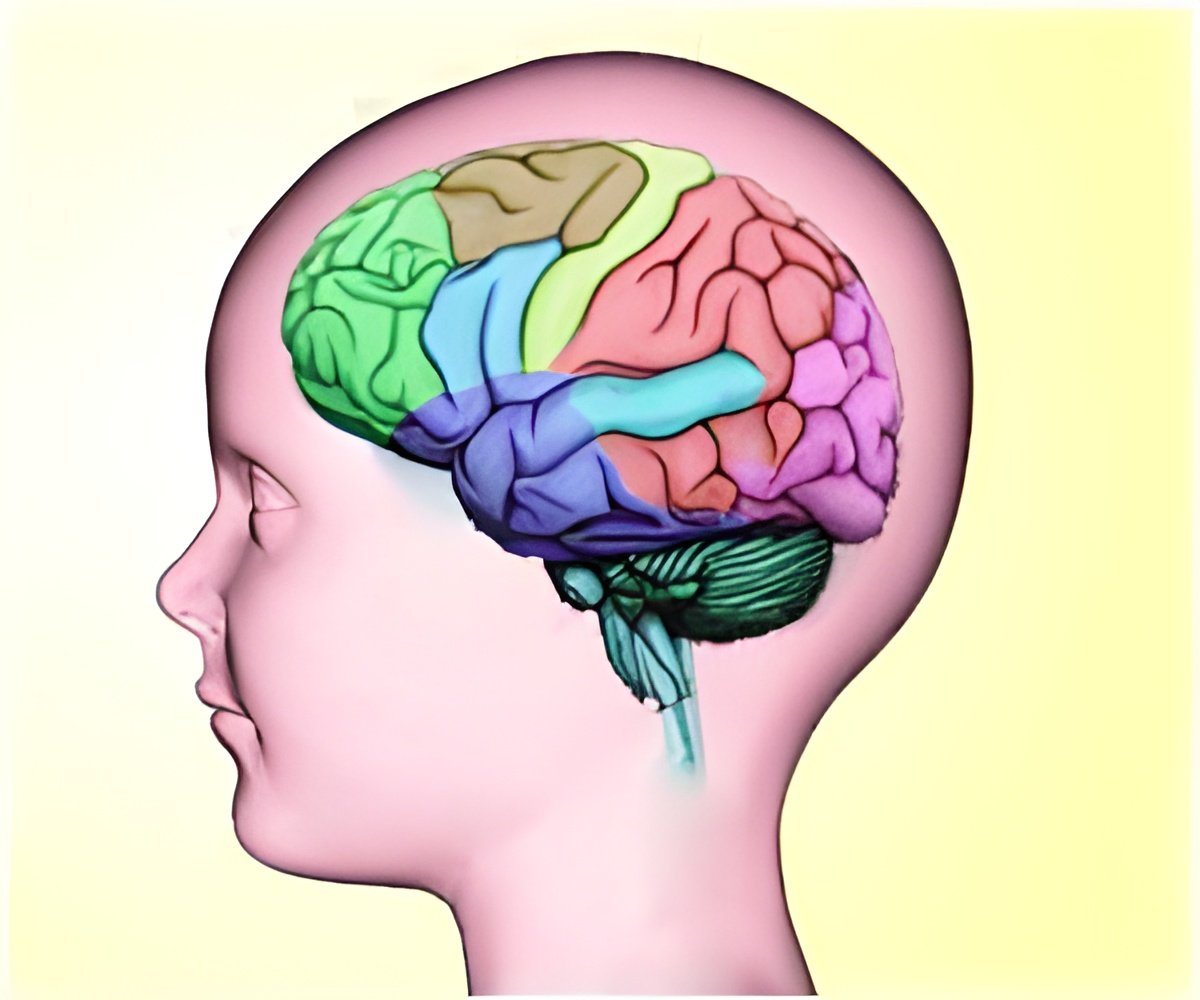Smoking during pregnancy has been been identified as an environmental risk factor for the developmental childhood epilepsy that also has a genetic link causing variations within the CHRNA5 gene.

‘Maternal smoking during pregnancy quardrupled the risk of childhood epilepsy. The findings will help clinicians and mothers to take informed decisions to limit the risk of children developing this common form of epilepsy.’
Read More..




The research was led by an international team of clinicians and scientists including Professor Matt Brown, Professor of Medicine at King's College London and Director of the National Institute for Health Research Biomedical Research Centre at Guy's and St Thomas'.Read More..
The study focussed on one of the most common forms of childhood epilepsy, Benign Childhood Epilepsy with Centrotemporal Spikes (BECTS). Around 1% of children globally suffer with epilepsy with around 15% of those affected by BECTS. Driven by tendency for BECTS to run in families, previous research efforts focussed on identifying potential rare genetic mutations associated with the disease, but offered no robust evidence for the genetic association for the condition.
Unlike previous studies, the study team used genome wide complex trait analysis to examine and explain the most common type of genetic variations in people with BECTS.
This enabled the team to demonstrate that BECTS does indeed have a significant common genetic component, for the first time demonstrating that the reason that BECTS runs in families is because of genetic variants carried by patients. The study identified an association with a gene called CHRNA5 being involved in BECTS risk.
It is commonly known that genetic variations within the CHRNA5 and related genes are associated with nicotine dependence and smoking associated lung disease. This along with suggestive evidence that smoking increases the risk of epilepsy overall led the team to perform analysis between risk factors and disease using summary-level data from independent genome-wide association studies from the UK Biobank. The analysis demonstrated that maternal smoking during pregnancy quadrupled the risk of BECTS. This is the first ever environmental risk factor identified for the disease.
Advertisement
Maternal smoking in pregnancy being identified as the first ever environmental risk factor described in the development of BECTS offers a very clear message to clinicians and mothers about what can and should be done to limit the risk of children developing this common form of epilepsy."
Advertisement
Source-Eurekalert















